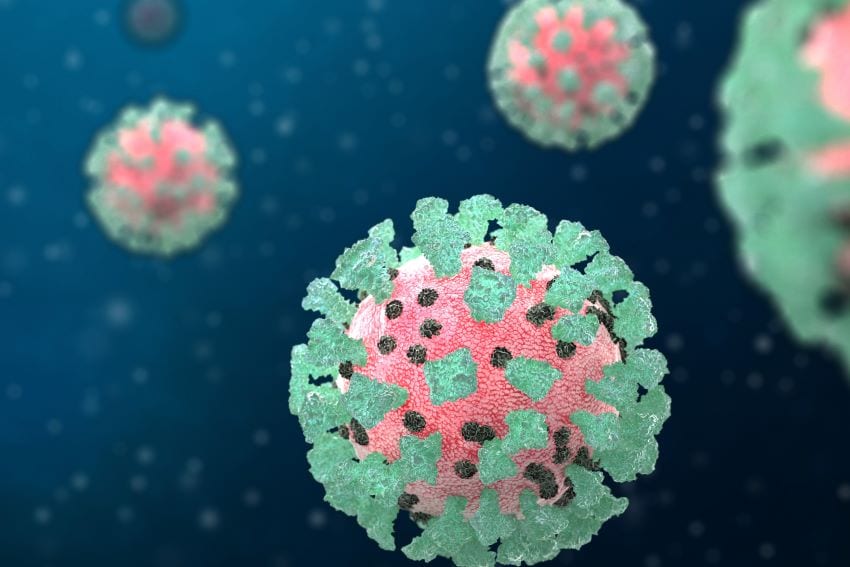If protocols aren’t adhered to and additional measures put in place to mitigate the spread of the Delta COVID-19 variant, Barbados could see a rise in positive daily cases, with a worst case scenario of up to 800 reported cases.
Lecturer in Public Health and Epidemiology at the University of the West Indies, Dr. Natasha Sobers-Grannum, made the disclosure based on recent modelling done in early October, during a press conference with COVID-19 Public Advisor, David Ellis, this morning.
While using graphs to help convey her model findings, Dr. Sobers-Grannum explained that the modelling, which is based on 60-day projections, not only factors in the number of cases based on one person transmitting the virus to five other persons, but it also includes the percentage of persons vaccinated, and the expectation that persons are following the public health protocols.
She mentioned that back in August it was suggested the number of cases would reach 500. “Now, we are dealing with Delta, so we say for every one reported case we would expect it to multiply and have five additional cases…. The modelling that we are doing these numbers are not just based on vaccination; what we are doing is that we are estimating that public health measures will be put in place and that public health measures would be followed.
“So that if public health measures are not put in place and public health measures are not followed, then we have what we are seeing today, which is beyond the estimates of what we ran back in August,” Dr. Sobers-Grannum explained.

However, she did note that there is the possibility of the numbers levelling off in the coming weeks, but currently, the graphs show the numbers rising. For some levelling off to occur, the Public Health and Epidemiology lecturer gave her suggestion of what public policy measures would need to be adhered to.
Those short-term measures include wearing of masks; social distancing of six feet; no movement restrictions; reducing the number of persons in bars and places of worship, and the implementation of “safe zones”. For the long-term, she suggested that persons should get vaccinated.
With regards to the no movement restrictions, Dr. Sobers-Grannum added: “So, I definitely mentioned the no movement days because that is a public health measure that have been shown to work in the short term. However, I would caution us to note that any restrictions that we place on now, especially those no movement restrictions, not going to have an effect in another 20 days anyway because the measures lag behind the numbers….
“The data has shown as well that the restrictions are best in the early parts of the pandemic, early parts of the outbreak, and I’m really uncertain as to how much impact it will have at this stage. It will have some impact, but it won’t have the type of impact that it would have had four weeks ago.”
She encouraged persons to follow the protocols and to consider getting vaccinated.
